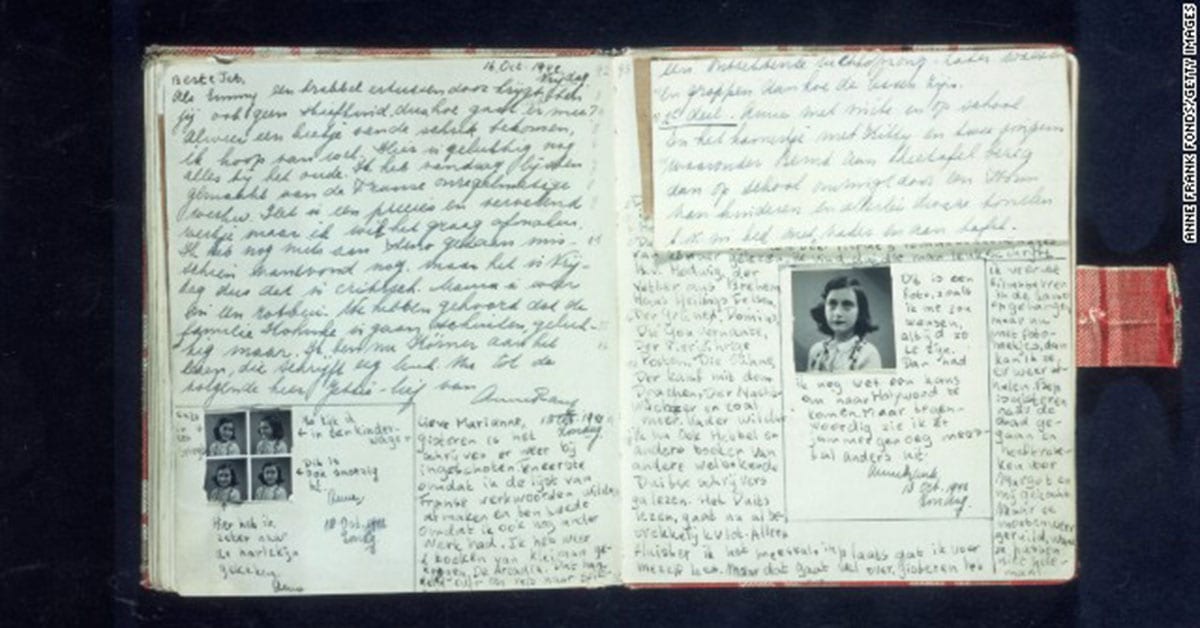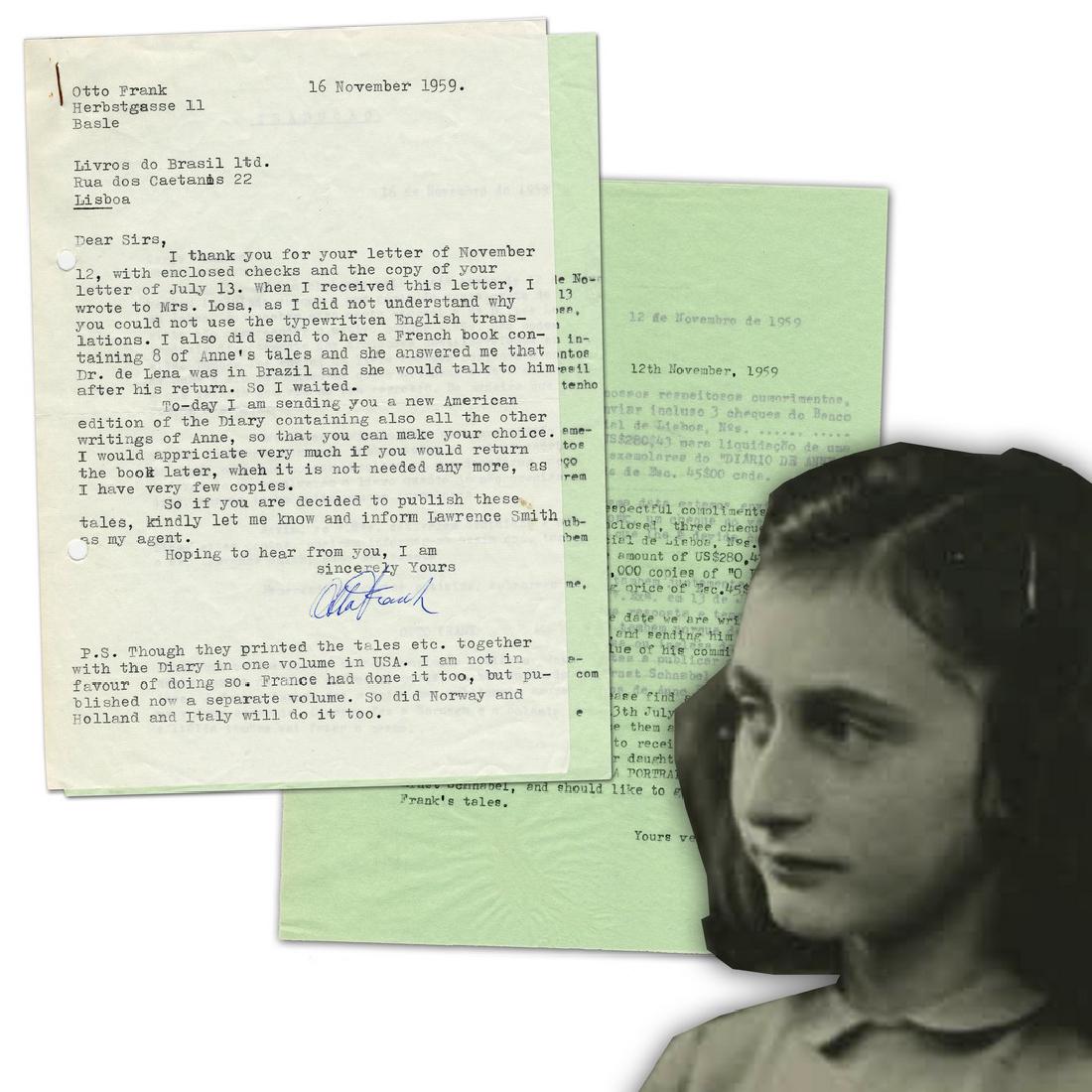
After a lot of thought, Otto decided to curate all of this material and get it published as one text. She started fictionalizing characters, including her own family members, and adding notes and loose sheets of paper with more writings. According to the story, at some point during their time in the annex, Anne decided to do some rewriting on her original diary. The only survivor of the Frank family was Otto, who, after being freed and returning to Amsterdam, found his daughter’s diary, which had been saved by his former secretary, Miep Gies. Read more: The Russian Anne Frank That Also Wrote A Diary During War The Frank family was transferred to Auschwitz, but eventually, Anne and her sister Margot were moved to Bergen-Belsen, where they died in 1945, most likely of typhus. It’s been historically accepted that they were betrayed and handed to the Nazis, and all of them were sent to concentration camps. The Frank family, along with four other people, hid for two years in a secret annex behind a bookcase in the building where Anne’s father, Otto, worked. Anne Frank says “In spite of everything”, and even if there are bad circumstances, people will do good things.The story, in case you don’t know, goes like this. Therefore, Anne Frank is correct, as everyone does have some sense of good in their heart, and that people will do good for something. Saying that all the Nazis killed without any conscious wouldn’t make sense because a lot of the Nazis were really just following orders. And just as Anne saying “in spite of everything” a lot of soldiers helped out and even befriended the people in the concentration camps, and if the soldiers were caught, they would get punished. This argument and evidence, however, does not prove Anne incorrect because many soldiers were actual good people, but their will bended. This point of view makes some sense because the Nazis were brutal. They might argue that the Nazi’s killed without conscious. He had a sense of good, and it showed.ĭespite the evidence and explanation given so far, some people may still conclude that Anne’s statement is incorrect. Considering what Hitler has done, isn’t it odd for him to do something like this? It could only mean that he wasn’t the super ruthless person we know him for. And in some ways, it was ethical, because according to The Greatest Story Never Told, the camps had many things to make it livable. And again, Hitler wanted to help his country, which would be considered as a good deed.

So, he created containment camps to ease it out. Germany had lost a lot from Jews, and wanted to do something about it. “Something had to be done with these destructive anti-social Jews who were strangling Germany”. “The camps had decent sufficient food (bearing in mind it was war time), they had theaters, swimming pools, football pitches, post offices where inmates could communicate to the outside world, kindergartens, art and music recreation” She befriended Anne, and she tried very hard to help the people in the Secret Annexe.

An she did it despite the circumstances as well.

Miep Gies also helps people, particularly the people in the Secret Annexe. And it relates to Anne’s claim because she says “in spite of everything, and the vegetable man did all that he can to help. The vegetable man was a not a Jew, but helped Jews, despite the circumstances. “This morning our vegetable man was picked up for having two Jews in his house”. Anne Frank says “In spite of everything”, and even if there are bad circumstances, people will do good things. Anne Frank is correct, as everyone does have some sense of good in their heart, and that people will do good for something. The most heard of may be Anne’s observation: “in spite of everything I still believe that people are really good at heart”. And even those who have never read it probably recognize few quotes from it.


 0 kommentar(er)
0 kommentar(er)
